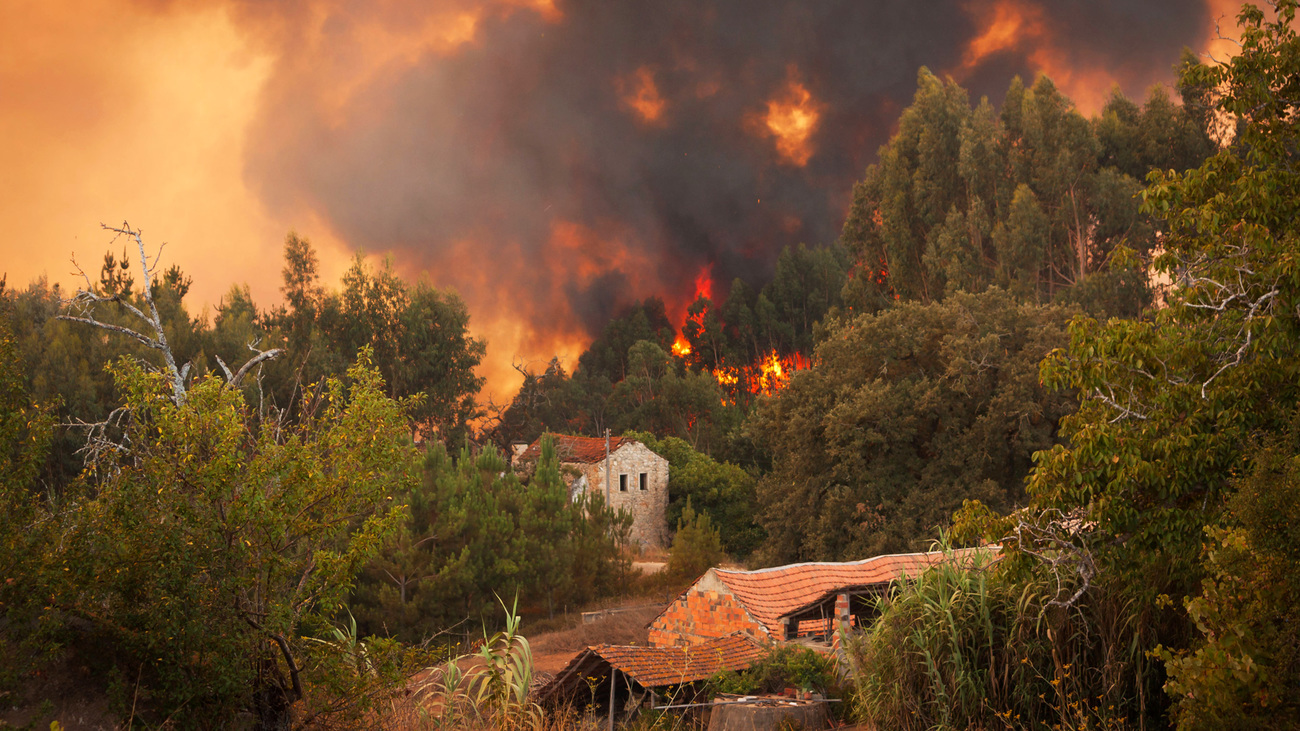Ilaria Di Silvestre
The uphill battle to protect Europe’s biodiversity
The uphill battle to protect Europe’s biodiversity

With over 80% of European habitats deteriorated, the Nature Restoration Law aims to restore ecosystems, habitats, and species across the EU’s land and sea. The goal is to enable long-term, sustained recovery of ecosystem health and foster resilience in the face of climate change. This critical restoration of nature is our best defense against disasters that cost billions of euros in socio-economic damage, environmental destruction, and loss of lives for people and animals.
It will also contribute to achieving the EU’s climate mitigation and adaptation objectives and meet international commitments to protecting biodiversity, such as the Kunming-Montreal Global Biodiversity Framework.
In October 2023, the EU Commission, Council, and Parliament will resume negotiations for the adoption of the Nature Restoration Law, with the Spanish Presidency hoping to reach a deal by the end of the year.
The Commission’s proposal for the law introduces binding targets to address the decline of Europe’s natural environment, and it requests that Member States draft national restoration plans to identify measures of restoring habitats and preventing further deterioration.
This Nature Restoration Law is the most important piece of EU biodiversity legislation in the last 30 years, coming at a time of the rapidly progressing and mutually reinforcing triple crises of climate change, biodiversity loss, and environmental degradation.
However, the proposal only narrowly secured approval from the European Parliament in July 2023. After facing rejections by three of the European Parliament’s committees, the risk became greater that this legislation might also be rejected during the final vote in plenary. It would have marked the end of the legislative process and a disaster for Europe’s nature and biodiversity.
Following a last-minute call to action, IFAW supporters contacted the critical MEPs, asking to support the Nature Restoration Law. This massive mobilisation of EU citizens eventually resulted in Parliament’s approval of the text with a tight majority of 36 votes.
This win came at a cost. To reach a compromise, Parliament sacrificed several critical obligations and targets, resulting in a piece of legislation substantially weaker than the Commission’s original proposal.
The upcoming negotiations with the Council and the Commission will be crucial in determining the ambition of the final text of the Nature Restoration Law. It’s time to show EU citizens and the world that European politicians are ready to take action to address biodiversity loss and the impending impacts of climate change. IFAW will continue to monitor the process and join forces with other stakeholders to influence and inspire momentum.
Related content
Our work can’t get done without you. Please give what you can to help animals thrive.